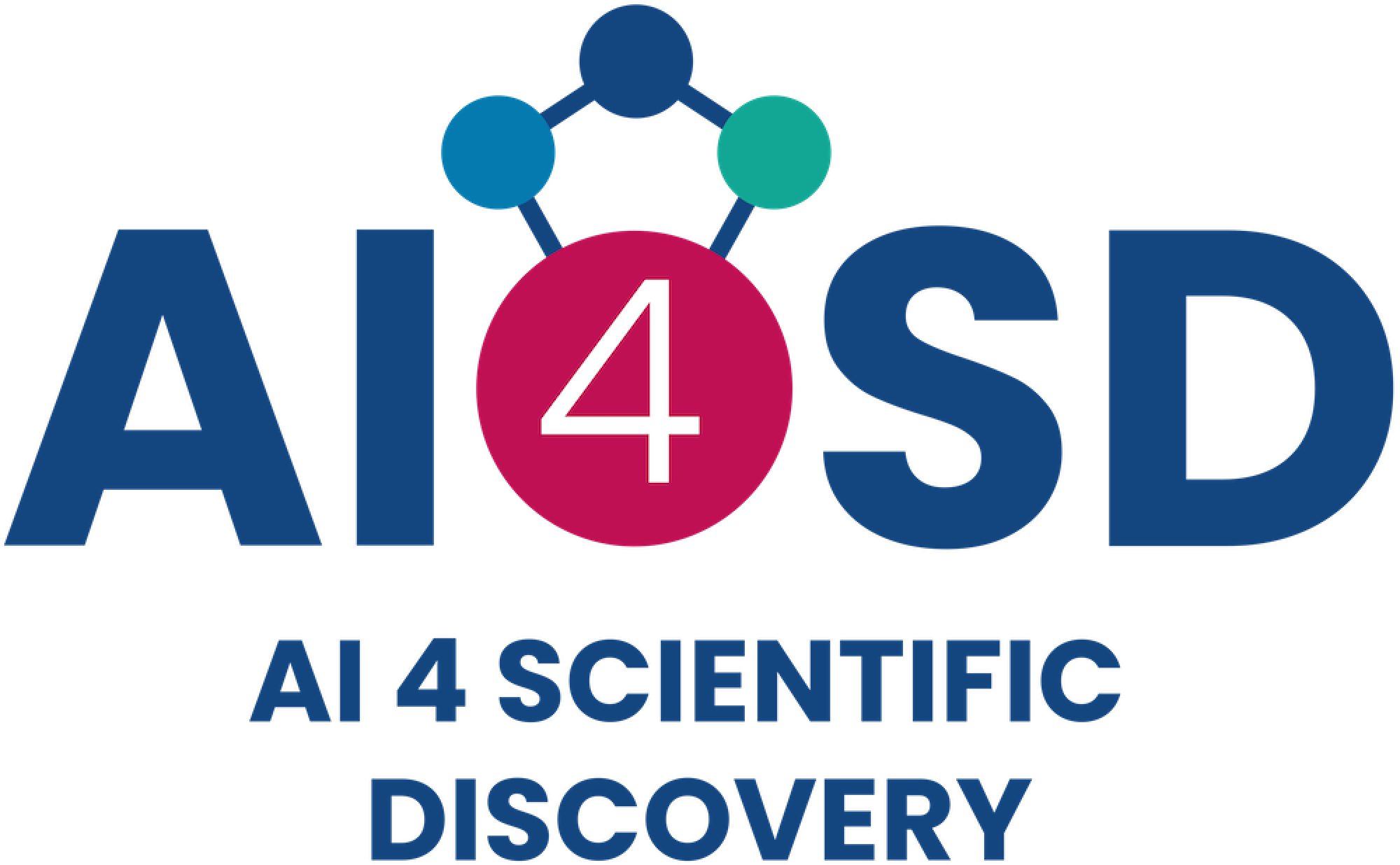
- This event has passed.
14/09/2020 – AI3SD Online Seminar Series: On the Basis of Brain: Neural–Network–Inspired Changes in General Purpose Chips – Ms Ekaterina Prytkova & Dr Simone Vannuccini
14th September 2020 @ 2:00 pm - 3:30 pm
Free|
**This event has now passed, click here for event coverage** |
Eventbrite Link: https://www.eventbrite.co.uk/e/ai3sdda-seminar-neuralnetworkinspired-changes-in-general-purpose-chips-tickets-118301148921
Description:
This seminar forms part of the AI3SD Online Seminar Series that will run across the summer. This particular seminar will be run in conjunction with the Directed Assembly Network. Please sign up to register for this event, and the weblink for the seminar will be sent to you the day before the event. A recording of this seminar will be made available afterwards on our YouTube Channel.
Abstract:
Presenting the paper: On the Basis of Brain: Neural–Network–Inspired Changes in General Purpose Chips. In this paper, we disentangle the changes that the rise of Artificial Intelligence Technologies (AITs) is inducing in the semiconductor industry. The prevailing von Neumann architecture at the core of the established “intensive” technological trajectory of chip production is currently challenged by the rising difficulty to improve product performance over a growing set of computation tasks. In particular, the challenge is exacerbated by the increasing success of Artificial Neural Networks (ANNs) in application to a set of tasks barely tractable for classical programs. The inefficiency of the von Neumann architecture in the execution of ANN-based solutions opens room for competition and pushes for an adequate response from hardware producers in the form of exploration of new chip architectures and designs. Based on an historical overview of the industry and on collected data, we identify three characteristics of a chip — (i) computing power, (ii) heterogeneity of computation, and (iii) energy efficiency — as focal points of demand interest and simultaneously as directions of product improvement for the semiconductor industry players and consolidate them into a techno– economic trilemma. Pooling together the trilemma and an analysis of the economic forces at work, we construct a simple model formalising the mechanism of demand distribution in the semiconductor industry, stressing in particular the role of its supporting services, the software domain. We conclude deriving two possible scenarios for chip evolution: (i) the emergence of a new dominant design in the form of a “platform chip” comprising heterogeneous cores; (ii) the fragmentation of the semiconductor industry into submarkets with dedicated chips. The convergence toward one of the proposed scenarios is conditional on (i) technological progress along the trilemma’s edges, (ii) advances in the software domain and its compatibility with hardware, (iii) the amount of tasks successfully addressed by this software, (iv) market structure and dynamics.
Biographies:
Ekaterina Prytkova is a Doctoral candidate at the Department of Economics and Business Administration of the Friedrich Schiller University Jena (Germany) and the Graduate College ‘The Economics of Innovative Change’. She is a recipient of the Landegraduietertstipendium, a State scholarship supporting excellence research projects, and has been the Programme Coordinator for the Double Degree MSc in Economics between the Universities of Jena and Insubria (Italy). From September to December 2019, she has been Visiting Research Fellow at SPRU, University of Sussex Business School (UK). Ms Prytkova has been designing and teaching modules on Economics of Innovation, Introduction to the software R, and Productivity and Efficiency Analysis. Ms Prytkova’s research focuses on the Economics of Technological Change and Industrial Dynamics. In particular, she has been working on the nature and diffusion of ICTs, digital infrastructure, and artificial intelligence (AI). Her current work is dedicated to understanding the trajectories and scenarios for the semiconductor industry given the adoption of AI technologies and tracing patterns of technological reliance on evolving ICT cluster among industries using text mining techniques and network analysis.
Simone Vannuccini is a Lecturer in the Economics of Innovation at the Science Policy Research Unit (SPRU), University of Sussex Business School. At the University of Sussex, Dr Vannuccini co-convenes the Research Mobilisation Group on Artificial Intelligence, is the Deputy director of the Future of Work Hub, and the convenor of the SPRU Freeman Seminars. Dr Vannuccini is also an Associated Fellow of the Graduate College ‘The Economics of Innovative Change’, Friedrich Schiller University Jena (Germany) and has been Adjunct Professor of Economics of Innovation at the University of Insubria (Italy), where currently is a Faculty Board Member of the PhD Program in Methods and Models for Economic Decisions. He also collaborates with the Center for Studies on Federalism in Turin (Italy). Before joining SPRU in 2018, Dr Vannuccini has been working as Research Fellow (Post-doc) at the Friedrich Schiller University Jena (Germany), where he also obtained his PhD in a joint programme with the Max Planck Institute of Economics. Dr Vannuccini’s research focuses on microeconomics of innovation and more precisely on the ‘regular irregularities’ of technical change: in particular, he studied the nature of ‘general-purpose technologies’ and their impact on industrial dynamics. More recently, he is working on the economics of artificial intelligence and in particular on the current AI-driven trajectories in the semiconductor industry; further ongoing themes of interest are the general-purposeness of AI, the economics of digitalisation and the industrial organisation of multi-sided platforms, and the modelling of industry life-cycles.
